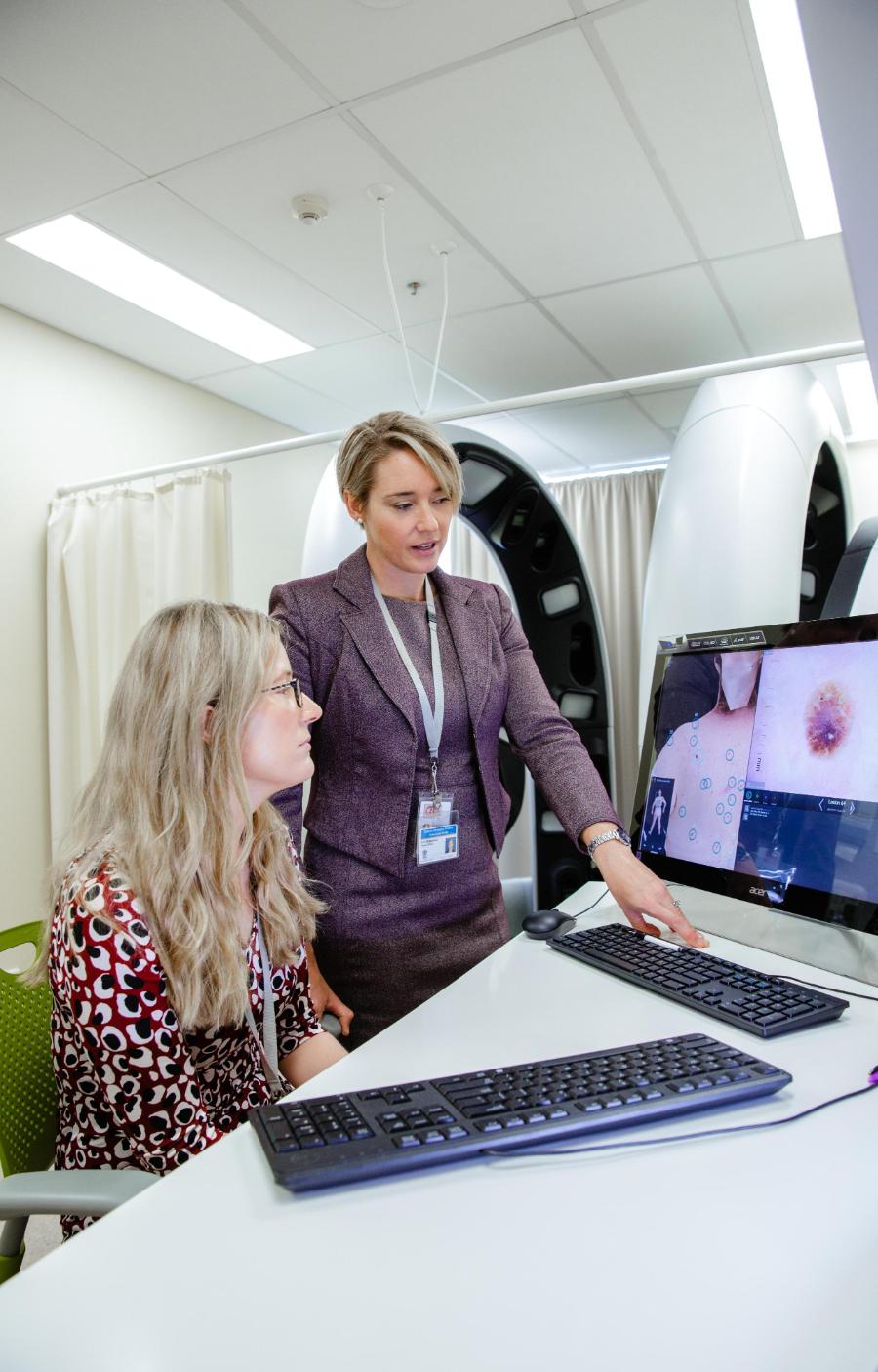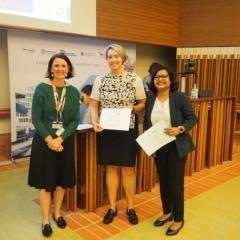 The University of Queensland has been named as the nation’s leading institution for dermatology research, according to The Australian newspaper publication ‘Research’.
The University of Queensland has been named as the nation’s leading institution for dermatology research, according to The Australian newspaper publication ‘Research’.
This annual publication names the Australian university, or other research institution, which leads in each of these fields, and this choice is also determined by the data.
The winning institution is the one whose researchers’ papers – published in the top 20 journals in the field in the past five years – has the most citations.
For the second year running, UQ has been named as the leading institute in the field of dermatology research.
The UQ Dermatology Research Centre is Queensland’s first research unit led by a specialist dermatologist.
Since its inception, the Centre has grown to include both clinical and laboratory research groups studying both skin and skin cancer.
This consists of both melanoma and keratinocyte cancers – while utilising the cutting-edge research infrastructure at the world-renowned Translational Research Institute.
The Australian publishes "Research" on an annual basis, and Tim Dodd, Higher Education Editor, The Australian, suggests that recognising the nation's leading researchers is more important than ever.
"In the current environment, in which we may see major cuts to research funding that could hamper the prospects of our future research stars, it’s critical for universities and government to look to the future and plan how Australia’s coming generation of research talent can fulfil it’s potential."
In each field the top research institution was the one with most citations in the top 20 journals in the field in the last five years.
The publication uses a data-driven route to analyse and profile the best researchers and research institutions in Australia, through the research analytics firm League of Scholars.
It is an approach that is now possible because of the volume and quality of information available online about research.



